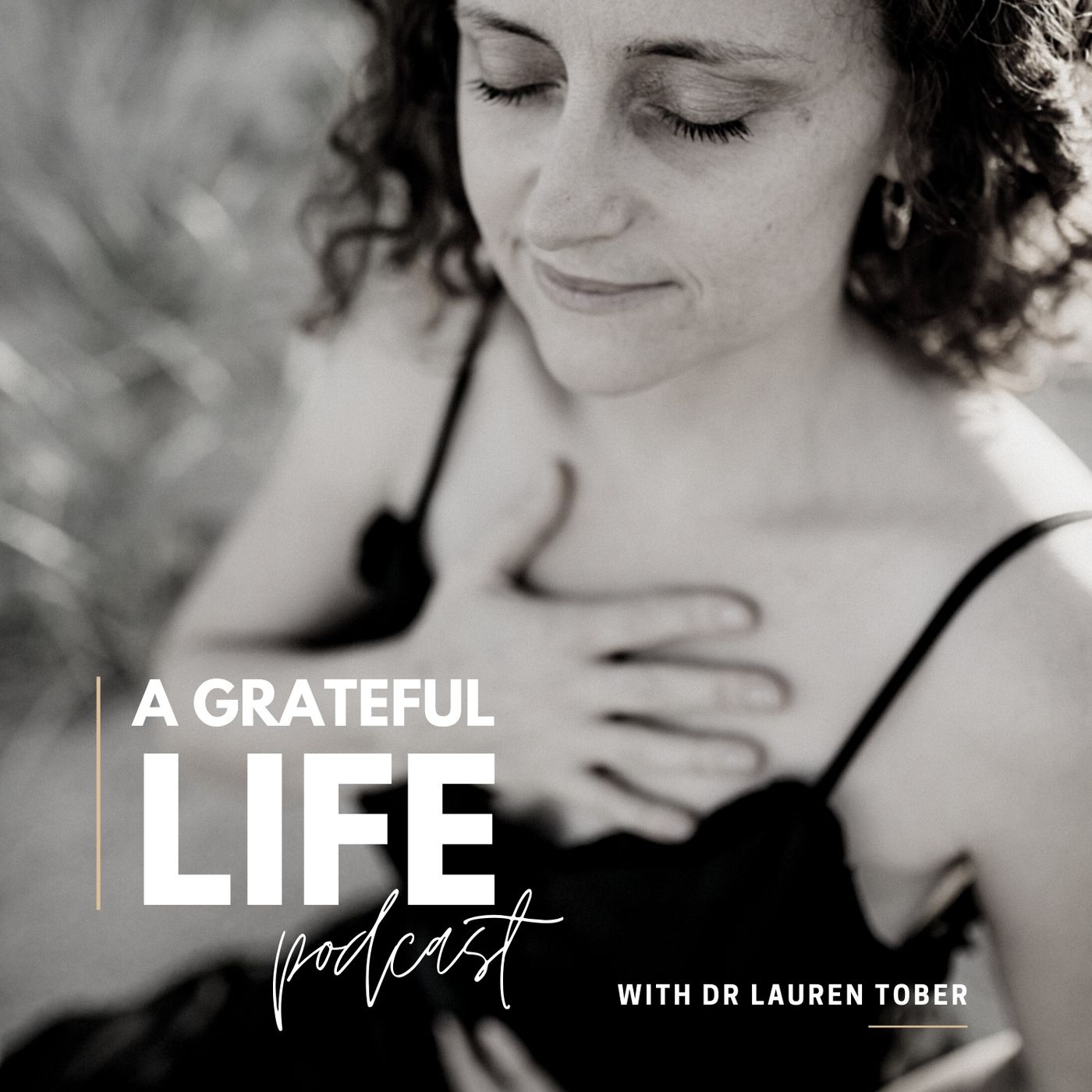Listen "Leslie Kaminoff - On the Pranayama for Emotion Regulation"
Episode Synopsis
In today’s episode, I sat down with Leslie Kaminoff, to talk about the evolution of yoga and the power of breath in emotion regulation.Leslie is a yoga educator inspired by the tradition of T.K.V. Desikachar, and for five decades has been leading workshops and trainings in the fields of yoga, breath anatomy and bodywork. He also is the co-author of the book Yoga Anatomy which has sold over a million copies, and is a staple on the bookshelf of many yoga teachers worldwide.In the episode today, Leslie shares about his journey into yoga, learning from his father, becoming a Swami in India, then a householder in New York. We also unpack:the role of lineages and teachers in yoga,the trap of the ego and siddhis,the value of experiential learning over academic credentials,the power of the breath in self-enquiry and changing our emotional state,why he has no problem with things like goat yoga and hot naked yoga, andwhy Leslie believes it’s important to practice kriyas like kapalabhati before we practice pranayama. And stay right to the end to hear about Leslie’s personal practice these days, and how it’s evolved over the years.Connect with Leslie Kaminoff at https://yogaanatomy.orgJoin our email newsletter at https://www.yogapsychologyinstitute.com/join/ Take Kajabi for a 30-day free spin at https://app.kajabi.com/r/HYb6mxhy/t/z2wqe6j9 Find out more about our wonderful sponsor, Yoga Australia, at https://yogaaustralia.org.au This podcast is for general informational purposes only and is not a substitute for professional advice or training. Please consult a qualified healthcare professional for personalised guidance or come and join one of our programs at the Yoga Psychology Institute for professional training. While we are grateful for our guests and sponsors, any statements, claims or endorsements made are their own, and do not necessarily reflect the views or opinions of the Yoga Psychology Institute.
More episodes of the podcast A Grateful Life
Lizzie Lasater - On AI in Yoga
30/09/2025
Elena Brower - On Holding Nothing
18/09/2025
Lisa Fitzpatrick - On Sexy Menopause
18/08/2025
Theo Wildcroft - On Post-Lineage Yoga
04/08/2025
Tracee Stanley - On Self Remembrance
24/06/2025
Claire Holloway - On the Yoga of Matrescence
08/06/2025
Belinda Haan - On the Compassion Project
12/05/2025
 ZARZA We are Zarza, the prestigious firm behind major projects in information technology.
ZARZA We are Zarza, the prestigious firm behind major projects in information technology.
